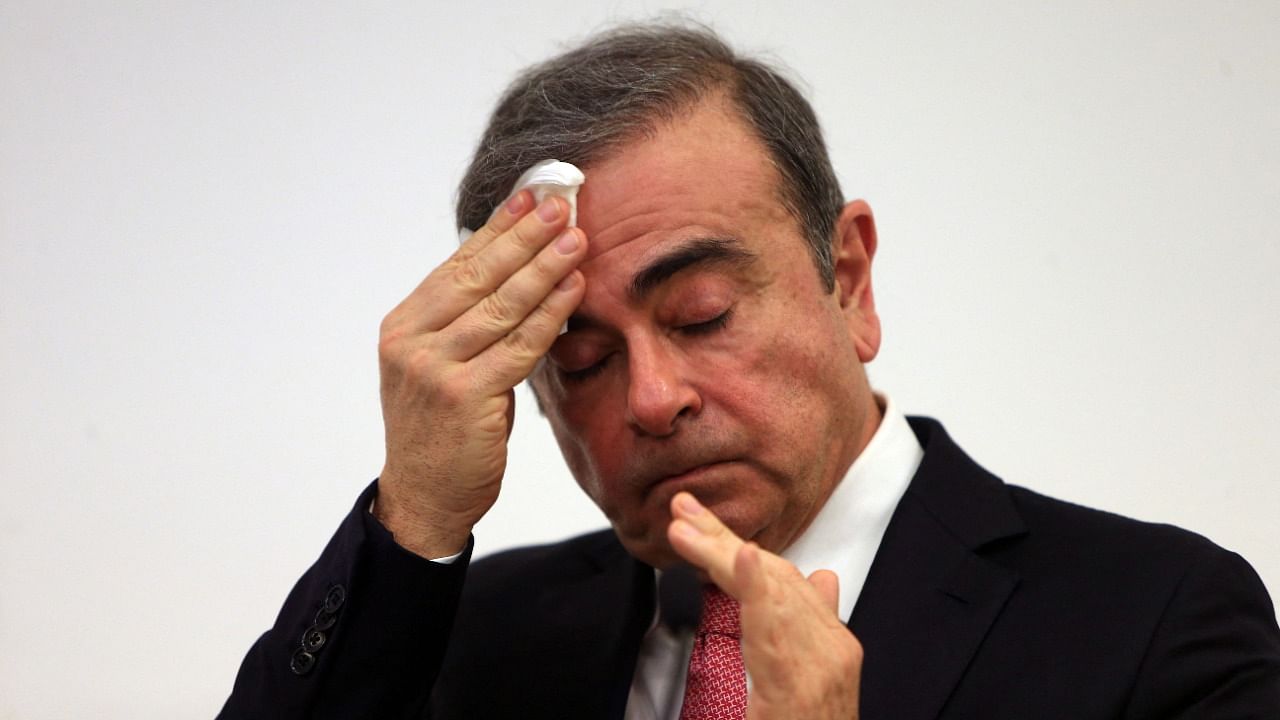
Fugitive auto tycoon Carlos Ghosn must repay nearly five million euros in wages to Nissan-Mitsubishi, a Dutch court ruled Thursday as it threw out his own claim for damages.
Ghosn was seeking 15 million euros ($18 million) for illegal dismissal but the court in Amsterdam said that there was no current contract between him and the Dutch holding firm of the Japanese automakers.
Ghosn is wanted by Japan on charges of financial misconduct but remains at large in Lebanon, where he fled while on bail.
"The former director of Nissan-Mitsubishi BV has to pay back almost five million euros to the company," the Amsterdam court said in a statement.
The court said Ghosn was "not entitled to fair compensation, transitional compensation or arrears, as no employment contract has existed between him and the company.
"The necessary permission from the board was lacking."
The court said the previous contract that began in July 2012 had expired in April 2018, and that Ghosn must now repay wages he earned between April and November 2018.
Ghosn's own request for compensation was "inadmissible", it added.
A spokesman for Ghosn said the former auto chief would challenge the verdict.
"As today's verdict has been rendered without hearing Mr Ghosn and other key witnesses, the defence team will now take the case to the court of appeal where Mr Ghosn's right to witness evidence will be granted," the spokesman said in a statement emailed to AFP.
"We are satisfied with the court verdict which ruled out any bad faith from Mr Ghosn."
Ghosn was a global business superstar and head of an auto alliance joining Nissan, Renault and Mitsubishi Motors before his career came crashing to an abrupt end in November 2018, when Tokyo investigators stormed his private jet to arrest him.
The French-Lebanese-Brazilian national was eventually charged with four counts of financial misconduct -- which he denies -- over claims he hid compensation and misused Nissan funds.
Having spent months in detention, Ghosn was out on bail when he fled the country in what Japanese prosecutors termed "one of the most brazen and well-orchestrated escape acts in recent history".